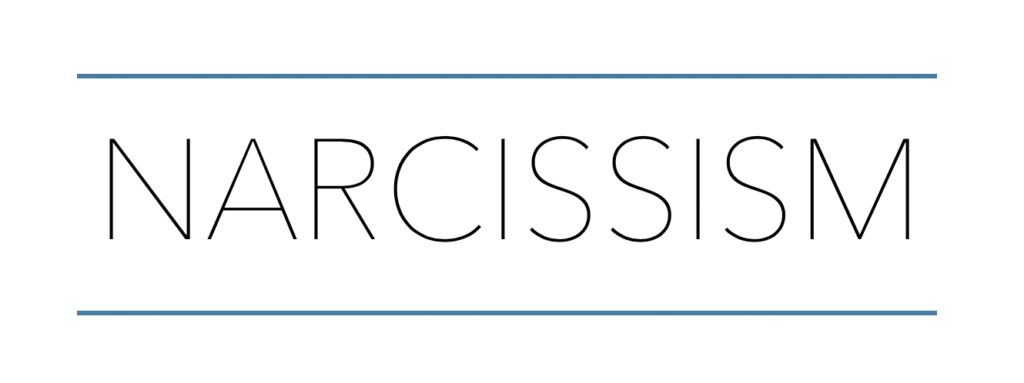When we talk about ourselves or others as being “broken,” we begin to treat them like an object to be fixed, not a Subject to be known.
We are people with stories and souls, not an object to be used.
Objects are made to do things. A vase holds flowers. A dishwasher cleans dishes. Scissors are made to cut. Chairs don’t care how you use them. When an object breaks, we attempt to fix and get it back into the original working order. If we can’t fix it, we get rid of it.
When we apply this principle of “fixing” onto people’s lives (others or ourselves), we treat them like an object. Like there is something wrong with them until they are fixed and put back together. And if we can’t fix them? Discard.
You can’t fix a broken heart.
You can’t go back in time and undo what’s been done.
You can’t discard the agony of death without severing part of yourself.
These wounds we experience are often the birthplace of passion and purpose for our lives. Objects can’t heal, because they are not alive.
When wounds heal, the story is a beacon of hope for others. Just visit any cancer floor at a hospital or a 12-step support group, you’ll see this in living color. That which is painful is most universal.
The great philosopher Tow Mater from the movie Cars said his dents were too valuable to get rid of because he got them from spending time with his best friend Lightning McQueen. “I don’t fix these. I wanna remember these dents forever.”
What dents in your life need healing?
______________________________________

